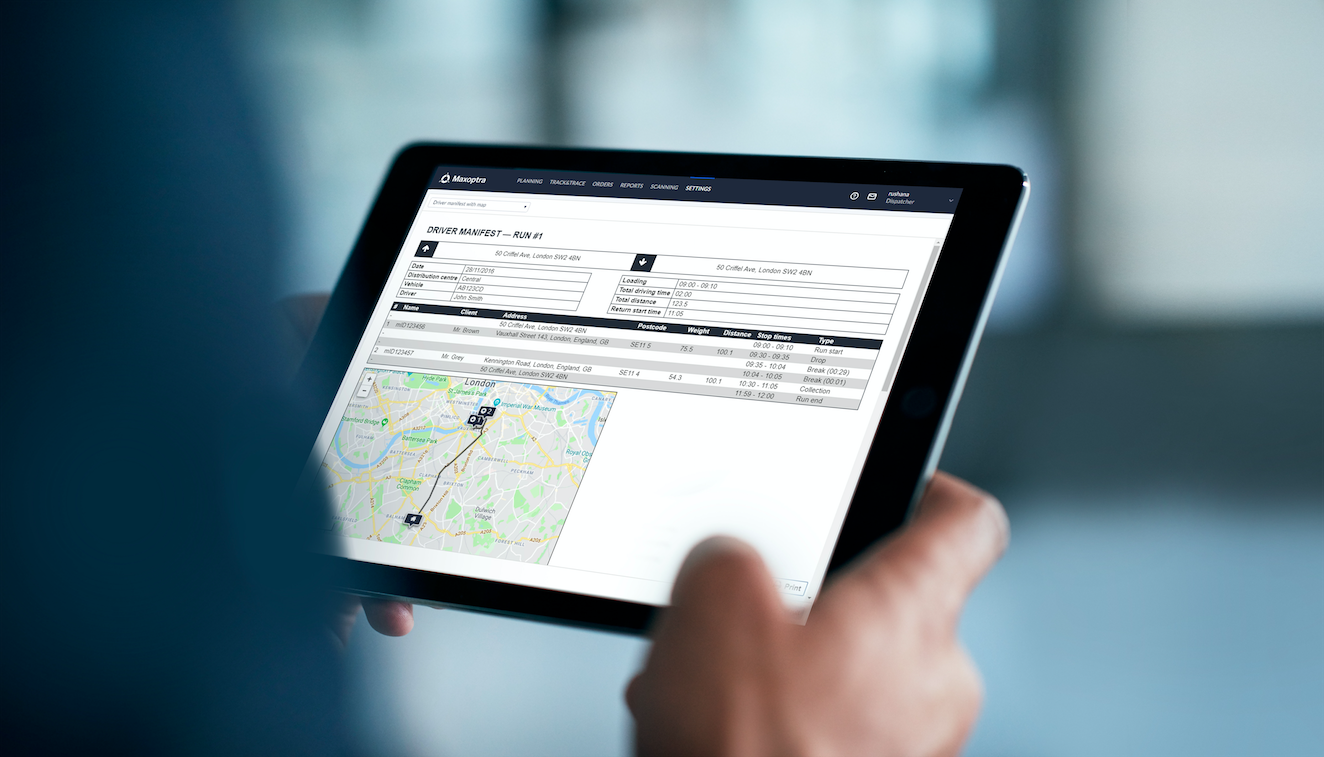Data-driven logistics: achieving more with less

In an era where data is increasingly essential and technology continues to advance, logistics departments have an unprecedented opportunity to leverage data analytics and ‘do more with less.’
And as logistics departments embrace data-driven decision-making, they are able to position themselves at the forefront of innovation and create a competitive advantage in today’s dynamic marketplace.
Not sure where to start? Then we can help.
In this blog post, we will explore how logistics departments can harness data to ‘do more with less’ and drive substantial improvements in their operations.
Real-time visibility and predictive analytics
One of the key advantages of leveraging data in logistics is gaining real-time visibility into the supply chain.
By integrating data from various sources such as transportation systems, inventory management, and warehouse operations, logistics departments can obtain a holistic view of their operations.
Real-time visibility enables them to identify bottlenecks, perform route optimisation, and proactively address any issues that may arise. Additionally, predictive analytics allows businesses to forecast demand, anticipate disruptions, and optimise inventory levels, reducing costs and minimising waste.
Route optimisation and vehicle utilisation
Data analytics can significantly improve route optimisation and vehicle utilisation, leading to cost savings and improved efficiency.
By analysing historical data on delivery routes, traffic patterns, and customer preferences, logistics departments can identify the most efficient routes and schedules.
Optimising routes not only reduces fuel consumption but also decreases delivery times, improving customer satisfaction. Furthermore, by analysing vehicle utilisation data, businesses can ensure that their fleet is utilised optimally, thereby reducing the number of vehicles required and cutting down on maintenance costs.
Inventory management and demand forecasting
Accurate demand forecasting and efficient inventory management are critical for logistics departments to operate efficiently and avoid unnecessary costs.
By analysing historical sales data, market trends, and customer behaviour, businesses can develop sophisticated demand forecasting models.
These models enable them to optimise inventory levels, reduce stockouts, and minimise carrying costs. With data-driven insights, logistics departments can identify slow-moving or obsolete inventory, leading to better decision-making and improved cash flow.
Supplier performance and risk management
Data analytics can play a crucial role in managing supplier performance and mitigating risks in the supply chain.
By analysing data on supplier performance, including delivery times, quality, and pricing, logistics departments can identify underperforming suppliers and negotiate better terms.
Moreover, by monitoring external factors such as weather conditions, geopolitical events, and market fluctuations, businesses can proactively manage potential risks and develop contingency plans.
This data-driven approach enables them to make informed decisions, reduce supply chain disruptions, and enhance overall resilience.
Continuous improvement and process optimisation
Data analytics provides logistics departments with valuable insights to drive continuous improvement and optimise processes.
By tracking and analysing key performance indicators (KPIs) such as on-time delivery rates, order accuracy, and transportation costs, logistics professionals can identify areas for improvement and set meaningful goals.
Data-driven analytics also enables them to measure the impact of process changes, identify inefficiencies, and implement targeted improvements. This iterative approach to process optimisation allows logistics departments to continuously enhance their operations, resulting in cost savings and improved customer satisfaction.
Get in touch
If you’re part of a logistics department that’s looking to make the most of your data to ‘do more with less’ then the MaxOptra system can help.
Get in touch with our team of experts for a bespoke demo to find out more.
Maxoptra System
© MaxOptra, 2023. Privacy Policy and Cookies

